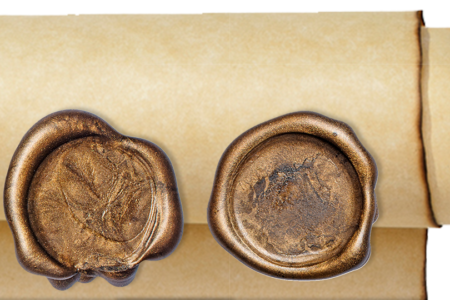Can a Leopard Change its Spots?
Israeli President Isaac Herzog recently visited Turkey in a bid to normalize bilateral ties after more than a decade of diplomatic rupture due to disputes over the Palestinian issue. Herzog’s trip, which included talks with President Recep Tayyip Erdoğan, was the first by an Israeli president since November 2007, when Shimon Peres addressed the Turkish Parliament.
Erdoğan called the visit “historic” and “a turning point” in Turkish-Israeli relations. But Turkish Foreign Minister Mevlüt Çavuşoğlu added that even if Turkey and Israel normalize relations, Ankara “will not change its policy with regard to the Palestinians.”
Although Turkey and Israel have a long history of cooperation (in 1949, Turkey became the first Muslim country to recognize the State of Israel), their relationship has been extremely volatile. In the 1970s, Turkey downgraded relations with Israel by recognizing the Palestinian Liberation Organization and supporting UN Resolution 3379, which equated Zionism with racism.
In the 1990s, bilateral ties were restored: Turkey and Israel signed two defense cooperation agreements, and the relationship flourished even after Erdoğan became prime minister in 2003.
But relations deteriorated in December 2008 when Israel launched a military operation against the Hamas terrorist organization in the Gaza Strip. At a January 2009 meeting of the World Economic Forum in Davos, Switzerland, Erdoğan stormed off the stage after accusing Peres, then Israel’s president, of being a “killer.”
The relationship imploded in May 2010 when Israeli commandos raided a Turkish ship, the Mavi Marmara, as it tried to breach Israel’s naval blockade of Gaza. Nine Turkish pro-Palestinian activists were killed. In September 2011, after a UN inquiry blamed Israel for the deaths, Turkey downgraded ties with the Jewish state and suspended military cooperation.
In March 2013, under pressure from the Obama administration, Israel apologized to Turkey and agreed to pay $20 million in compensation to the families of those killed on the Mavi Marmara. In August 2016, Turkey and Israel normalized relations.
In May 2018, things again deteriorated after Palestinian rioters protesting the opening of the U.S. embassy in Jerusalem were killed. Erdoğan accused Israel of being a “terrorist state,” expelled the Israeli ambassador to Turkey, and recalled the Turkish ambassador to Israel.
Israel then sought closer ties with Greece, Cyprus, and Egypt and established diplomatic relations with its neighbors under the Abraham Accords. In December 2020, Israel normalized ties with Morocco; and in March 2022, Saudi Crown Prince Mohammed bin Salman called Israel a “potential ally, with many interests that we can pursue together.”
Erdoğan, increasingly isolated, now wants to normalize ties with the Jewish state. Many analysts agree his commitment to Palestinian statehood and his support for Hamas and the Muslim Brotherhood present major stumbling blocks to improved ties with Israel. He has, for example, repeatedly rejected Israeli demands that he close Hamas’s headquarters in Istanbul, where Hamas directs terrorist attacks against Jews.
Former Israeli official Jacob (Yaki) Dayan noted that in all his interactions with Erdoğan, he felt the Turkish leader’s “conspicuous lack of affection for Israel, and even hatred, did not come from his head but from his heart.” He said Erdoğan’s vision of a Middle East without Israel has not changed. “Erdoğan is an ideological leader with a clear view of the world; and while we come with a clear willingness and intention to improve relations, we always need to remember that. Can a leopard change its spots? Highly doubtful.”









1 thought on “Can a Leopard Change its Spots?”
Comments are closed.